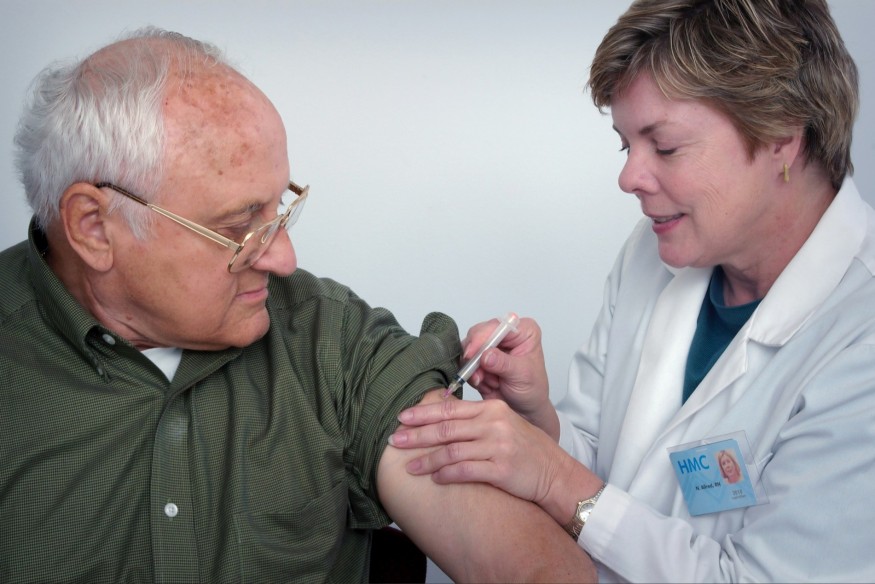
March 11, 2024 - 1786 views
Unpaid carers suffer poorer physical and mental health than non-carers and use healthcare services more than the rest of the population, so it is essential that unpaid carers are able to access support and advice, for their own health and well-being and that of those they care for.
A new report from the Wales Networked Data Laboratory (NDL Cymru) - a partnership between Public Health Wales, Social Care Wales, Digital Health and Care Wales and Swansea University - shows that using data from multiple sources including GPs and local authorities, means that agencies have a more complete picture of the number of unpaid carers across Wales.
The report, published today, shows that data linkage is providing new insights into the unpaid carer population at local authority level in Wales, and has the potential to help understand and support the needs of unpaid carers. better pay.
310,000 unpaid carers in Wales were identified in the latest Census 2021. The report found that there was very little overlap between the population of unpaid carers recorded in General Practices and by local authorities, and that unpaid carers had health mentally and physically worse and, therefore, more in need of health care.
The NDL Cymru team worked in partnership with Denbighshire, Neath Port Talbot and Swansea local authorities to link anonymous carers' assessment with regularly collected NHS Wales data sources within the Anonymous Information Secure Link Databank (SAIL).
The research showed that by using regular data from local government sources, linked to anonymised health and administrative data, regularly collected in Swansea University's SAIL Databank, it is possible to gain a better understanding of the population of unpaid carers in local.
Alisha Davies, Head of Research and Evaluation at Public Health Wales, said: “Understanding the size of the unpaid carer population in Wales, and their needs is essential to inform the support available to this vitally important population in Wales. And yet, this is often limited by only having one point of view eg from primary care or local government.
“Here, this new approach has shown the value of bringing anonymous data from all parts of health and care systems together, to provide a more comprehensive understanding of unpaid carers as a group, and to assist agencies to respond to the needs of unpaid carers paid throughout Wales".
Jake Smith, from Carers Wales, said, “This research represents a valuable contribution to our understanding of the population of unpaid carers and how unpaid carers interact with different services. It is clear that a significant proportion of those with unpaid caring responsibilities are not identified as unpaid carers and may be missing out on support as a result.
“By combining local authority and NHS datasets, this research sheds light on this issue and should be an incentive for a renewed focus on working together to achieve better processes of identifying unpaid carers and providing support to them."








